Personal vs
Business Leasing:
What's the Difference?
Leasing a car or van has become an increasingly popular alternative to traditional vehicle ownership in recent years. Instead of purchasing a vehicle outright, leasing allows individuals and businesses to drive a brand-new vehicle for a fixed period while making affordable monthly payments. At the end of the lease term, the vehicle is returned, offering flexibility and convenience for those who prefer not to commit to long-term ownership.
As the popularity of vehicle leasing continues to grow, it becomes crucial to understand the nuances of personal and business leasing options. Whether individuals are seeking an affordable way to drive a new car or businesses are looking to optimise their fleet management, knowing the key differences between the two leasing options will empower them to make informed decisions.
In this comprehensive guide, we will delve into the world of vehicle leasing and specifically focus on the distinctions between two main leasing options: personal and business leasing.
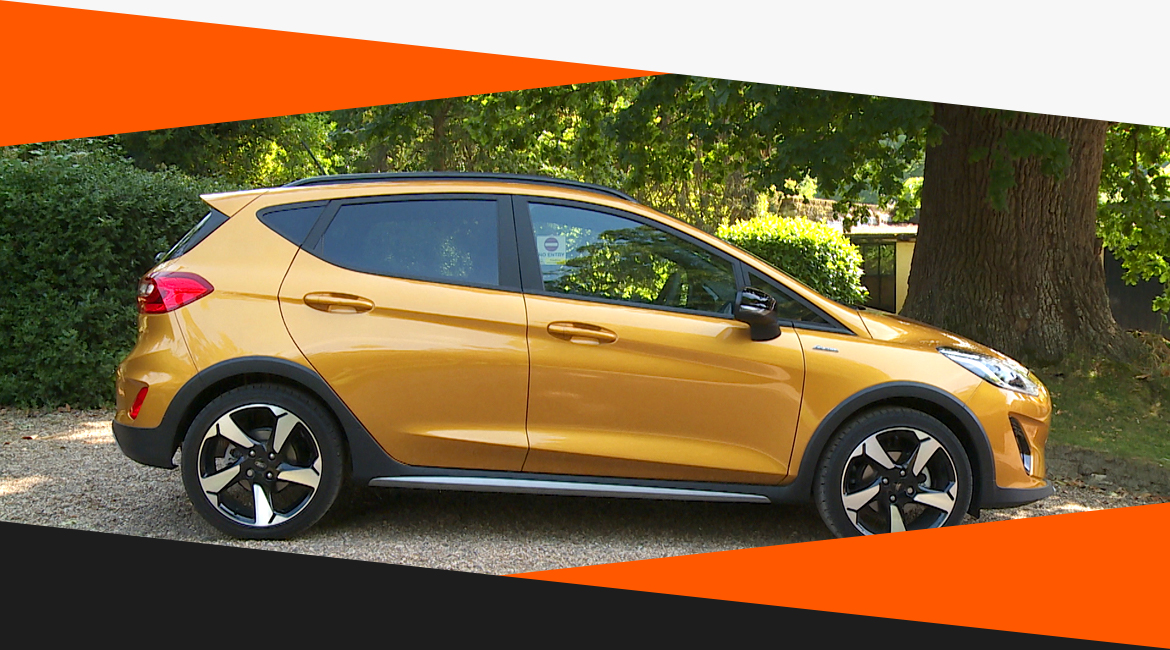
What is Personal Leasing?
Personal leasing, often known as personal contract hire (PCH), is a popular leasing option for individual drivers who wish to enjoy the benefits of driving a new car without the long-term commitment of ownership. Under a personal lease agreement, individuals can drive a new car of their choice without having to purchase it outright. Instead, they pay fixed monthly lease payments for a predetermined period, ranging from 24 to 48 months.

Eligibility Criteria for Personal Leasing
To qualify for personal leasing, individuals must meet certain eligibility criteria. These may include age restrictions, with most leasing companies requiring the individual to be at least 18 years old and hold a valid driver's license. Additionally, credit checks are commonly conducted to assess the individual's financial stability and creditworthiness. You can check your eligibility with our handy personal lease eligibility checker.

Benefits of Personal Leasing
Personal leasing offers several compelling benefits to drivers. One of the main advantages is the lower initial costs. Compared to purchasing a new car, the upfront payment for a personal lease is usually significantly lower, making it a more affordable option for those who prefer not to tie up a large sum of money in a vehicle.
Fixed monthly payments are another attractive feature of personal leasing. These payments are predictable and enable budget-conscious individuals to plan their finances with certainty. Additionally, since the lease term is relatively short, individuals can enjoy driving a new car with the latest features and technology every few years without the hassle of reselling or trading in the vehicle.

Potential Drawbacks of Personal Leasing
While personal leasing offers many benefits, it does come with some potential drawbacks to consider. One such drawback is mileage limitations. Most lease agreements set an annual mileage cap, and exceeding this limit can lead to excess mileage charges at the end of the lease term. It is essential for individuals to accurately estimate their driving needs to avoid unexpected costs.
Furthermore, individuals leasing a car for personal use are unable to reclaim VAT (Value Added Tax) on their monthly payments. Unlike business leasing, where VAT can often be partially or fully reclaimed, personal leasing payments include VAT that cannot be recovered. This may make personal leasing slightly less tax-efficient for some individuals compared to business leasing options.
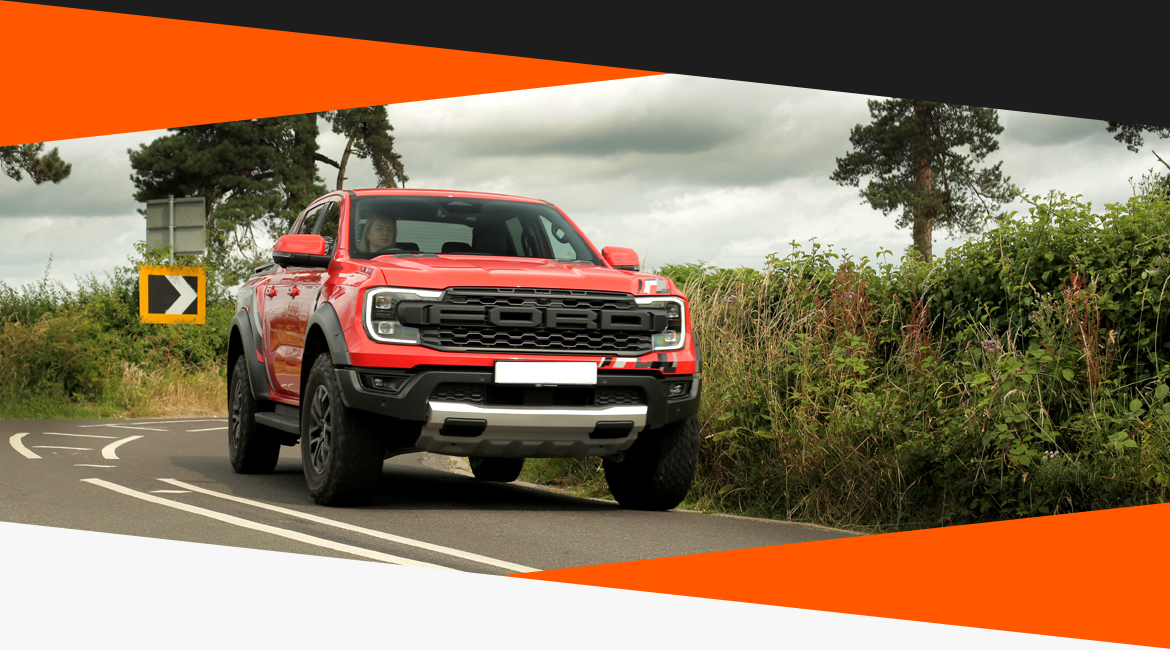
What is Business Leasing?
Business leasing, also known as business contract hire (BCH), is a leasing option tailored for companies and organisations. Under a business lease agreement, the company or business entity can lease vehicles for commercial purposes without the need for a significant upfront investment. Instead, the business makes fixed monthly lease payments over an agreed-upon lease term. This provides an attractive option for companies seeking a cost-effective and flexible way to manage their vehicle fleet.
Eligibility Criteria for Business Leasing
Business leasing comes with specific eligibility criteria designed for companies. Generally, there are no age restrictions as seen in personal leasing. However, businesses are typically required to have been trading for a minimum period and must provide financial documentation to demonstrate their creditworthiness.
Additionally, the size of the company and the number of vehicles being leased may also be considered during the application process.

Advantages of Business Leasing
Business leasing offers numerous advantages that cater to the needs of companies and fleet managers. One of the most significant benefits is the potential tax savings. In many cases, businesses can claim tax relief on their lease payments, making it a tax-efficient way to acquire vehicles for commercial use. This can significantly reduce the overall tax liability for the company, freeing up capital to invest in other aspects of the business.
Improved cash flow is another compelling advantage of business leasing. By avoiding large upfront payments typically associated with vehicle purchases, businesses can preserve their cash reserves and allocate funds strategically for growth and operational needs. The fixed monthly payments under the lease agreement also simplify budgeting and financial planning for the business.

Potential Drawbacks of Business Leasing
Despite its advantages, business leasing comes with certain considerations for companies. One potential drawback is the impact on the company's balance sheet. Since leased vehicles are not owned by the company, they may not be considered assets on the balance sheet. This can affect the company's financial ratios and overall financial standing, which may be relevant for certain industries or when seeking financing.
Businesses that lease vehicles are responsible for the condition of the leased vehicles at the end of the lease term. Excessive wear and tear or damages beyond normal use can result in additional charges. Companies need to ensure that the vehicles are well-maintained and adhere to guidelines to avoid any penalties during the lease-end process.


Key Differences: Personal vs Business Leasing
Personal and business leasing options cater to different needs and have distinct features. Personal leasing is designed for individual drivers, offering the convenience of driving a new car without the commitment of ownership. On the other hand, business leasing is tailored for companies and organisations, providing a cost-effective solution for managing a fleet of vehicles for commercial purposes.

Financial Arrangements and Monthly Payments
In personal leasing, the individual pays fixed monthly lease payments for the use of the vehicle. The monthly payments are calculated based on the vehicle's depreciation over the lease term, making it more affordable compared to the cost of purchasing a new car outright.
For business leasing, the financial arrangements are more complex. Monthly payments are influenced by various factors, such as the number of vehicles leased, the lease term, and the initial deposit (if any). Additionally, businesses may have the option to include maintenance packages or choose different lease structures to align with their specific needs and budget.

Taxation for Individuals vs Businesses
Taxation is a significant differentiating factor between personal and business leasing. In personal leasing, individuals are unable to claim tax relief on their monthly lease payments, as the leasing arrangement is considered a private expense.
For businesses, leasing vehicles can offer tax benefits. Monthly lease payments and related costs can often be claimed as business expenses, resulting in reduced taxable profits. Additionally, businesses may be able to claim VAT back on a portion of the monthly payments, making business leasing a more tax-efficient option.

Purpose of Use
The purpose of use plays a crucial role in determining whether personal or business leasing is the right choice. Personal leasing is ideal for individuals who primarily use the vehicle for personal commuting or leisure purposes.
It provides the flexibility of driving a new car with minimal upfront costs and fixed monthly payments.
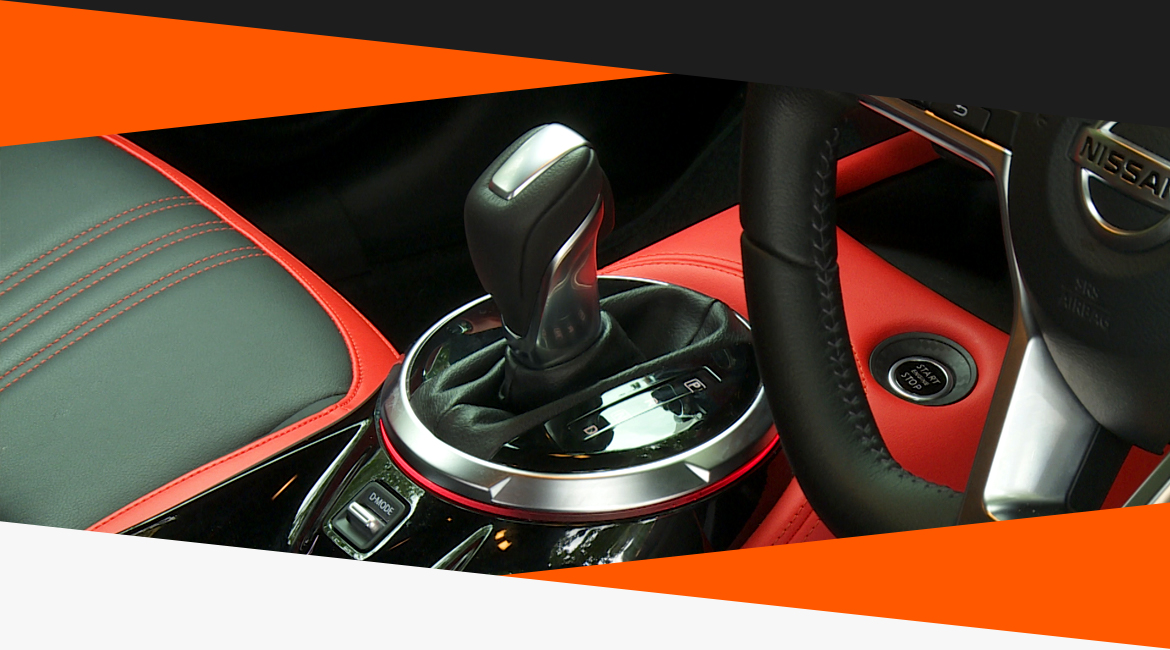
Insurance and Maintenance
Insurance Requirements: Personal vs Business Leased Vehicles
When it comes to insurance for leased vehicles, both personal and business leasing options require comprehensive insurance coverage. For personal leasing, the individual lessee is typically responsible for arranging and paying for their insurance coverage. The insurance policy must meet the minimum requirements to protect the leased vehicle adequately.
Business leasing, on the other hand, often involves more complex insurance arrangements. Depending on the leasing company's policies and the specific business needs, the responsibility for insurance may vary. In some cases, the business may be required to hold a fleet insurance policy that covers all leased vehicles under one comprehensive plan. Alternatively, individual policies for each leased vehicle may be arranged.

Maintenance Responsibilities: Personal vs Business Leasing
In personal leasing, the lessee is responsible for maintaining the leased vehicle in good condition throughout the lease term. Regular maintenance tasks, such as scheduled servicing and oil changes, are the responsibility of the individual. Additionally, any wear and tear that occurs during the lease period may be subject to charges at the end of the lease term.
Business leasing often includes maintenance packages that can be added to the lease agreement. These packages can cover routine servicing, maintenance, and repairs for leased vehicles, providing businesses with a convenient and cost-effective solution. Choosing a maintenance package can help businesses budget for vehicle upkeep and reduce the administrative burden of managing individual maintenance tasks.

Cost-Saving Benefits for Businesses with Fleet Management
Business leasing offers significant cost-saving benefits for companies with fleet management needs. By leasing vehicles instead of purchasing them outright, businesses can avoid the high upfront costs associated with vehicle ownership. The predictable fixed monthly payments simplify budgeting, making it easier for businesses to plan their cash flow and allocate resources effectively.
Additionally, with maintenance packages and comprehensive insurance plans, businesses can further streamline their fleet management processes and reduce unforeseen expenses. Leasing enables businesses to regularly upgrade their fleet with newer and more fuel-efficient models, contributing to potential cost savings in fuel consumption and maintenance.

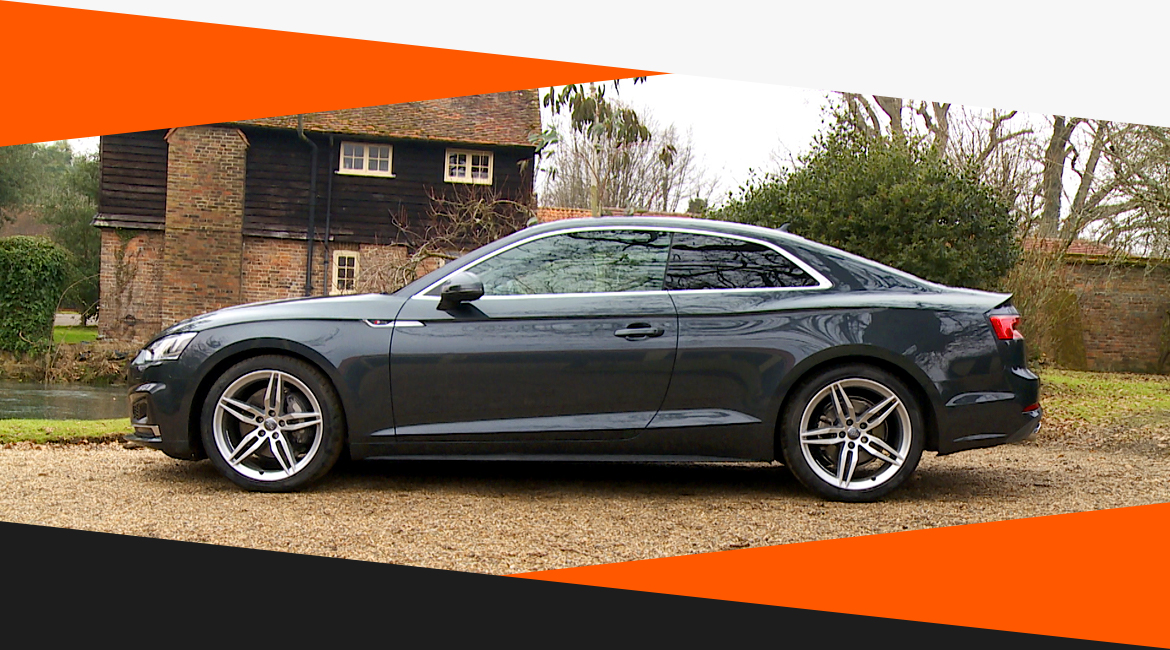
Customisation Options

Customising Personal Leased Vehicles
Personal leased vehicles offer a range of customisation options to suit individual preferences. Lessees can choose from various exterior colours, interior trims, and optional features to personalise their driving experience. Some lease options may even include additional accessories, such as roof racks or alloy wheels, to enhance the vehicle's aesthetics and functionality.

Limitations and Customising Business Leased Vehicles
While personal leased vehicles allow for more extensive customisation, business leased vehicles may have limitations on modifications. This is because leased vehicles are typically returned at the end of the lease term, and any modifications may affect the vehicle's resale value.

Branding and Vehicle Wraps for Business Leased Vehicles
For businesses, temporary vehicle wraps can serve as a powerful marketing tool. Applying branding elements, such as logos and graphics, on leased vehicles helps businesses increase brand visibility and promote their services to a wider audience. This cost-effective advertising strategy can leave a lasting impression on potential customers and reinforce brand recognition.
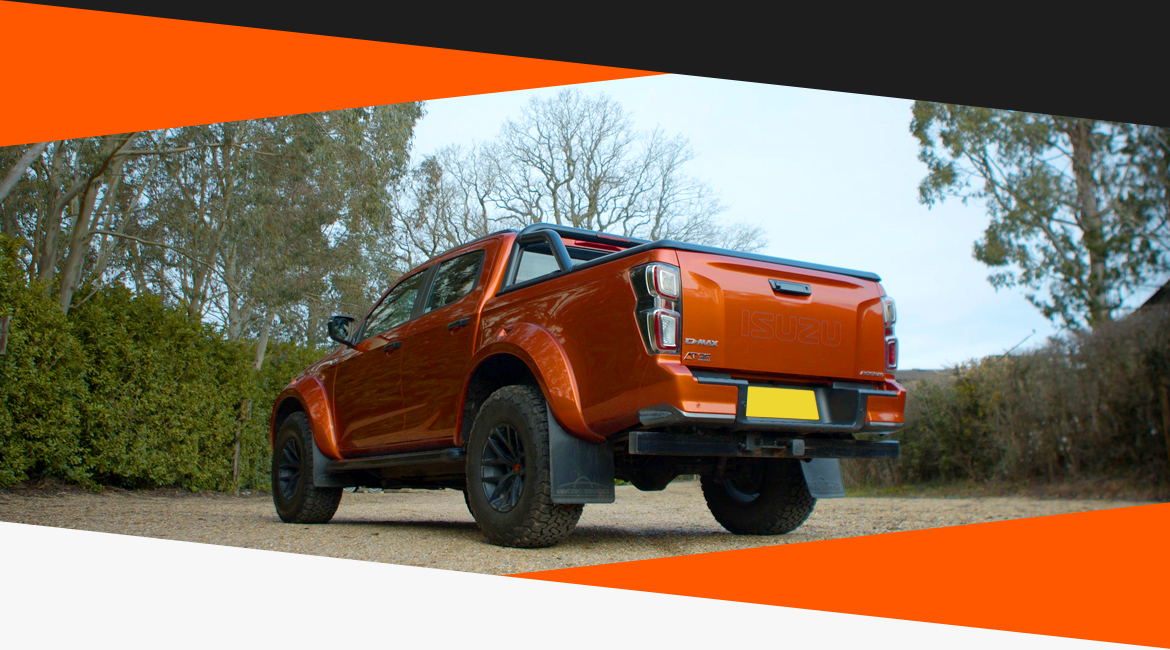
Lease-End Options and Excess Mileage Charges
Lease-End Options for Personal Leasing
As the lease term comes to an end, personal leasing offers various lease-end options to consider. Lessees can choose to return the vehicle and explore the possibility of leasing a new car with the latest features and technology.
Alternatively, they may have the option to extend the lease term, allowing them to continue driving the current vehicle for a specified period. Another lease-end option is the opportunity to purchase the leased vehicle at the end of the lease term, providing an option for those who have grown fond of the car they have been driving.

Lease-End Options for Business Leasing
Lease-end options for business leasing differ due to the nature of fleet management and the practicalities of managing multiple vehicles. For businesses, returning leased vehicles at the end of the lease term can be more straightforward, especially if they intend to replace the vehicles with newer models.
Additionally, businesses often have the option to transfer existing leases to other businesses, enabling them to manage their fleet efficiently and potentially reduce costs.
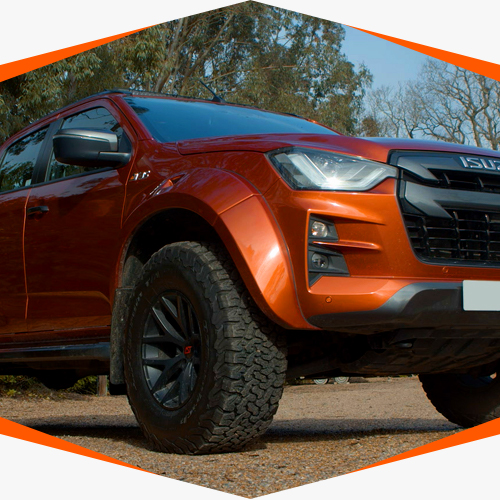
Addressing Excess Mileage Charges
Both personal and business leasing options typically come with a predetermined annual mileage limit. Should the lessee exceed this limit during the lease term, excess mileage charges will apply. These charges are calculated based on the agreed-upon mileage rate.
To avoid excess mileage charges, lessees should carefully estimate their anticipated annual mileage at the beginning of the lease term. If it becomes apparent that the mileage limit will be exceeded, lessees have the option to adjust the lease agreement or consider alternative options to better suit their driving needs.

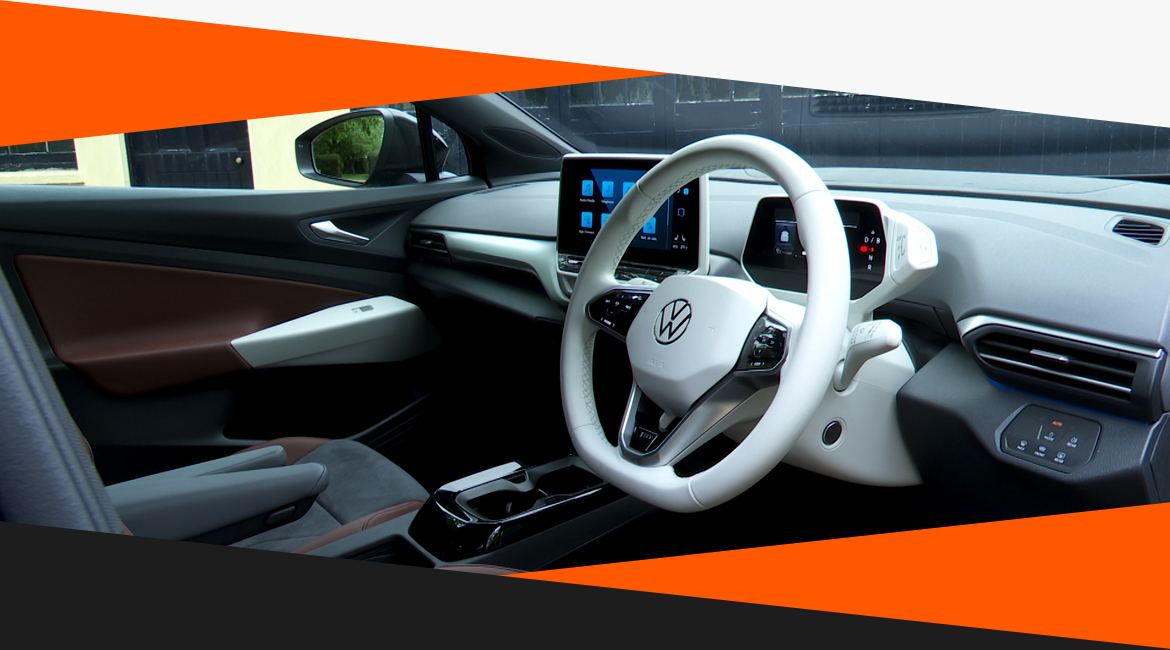
V4B: For Personal & Business Leasing
At V4B, we are committed to assisting individuals and businesses in finding personalised leasing solutions. Our expertise and extensive range of vehicles ensure that customers receive the best leasing experience tailored to their needs.
Whether you're an individual looking for convenience and affordability or a business seeking tax-efficient fleet management, reach out to V4B for expert guidance and exceptional leasing options. Take the first step towards driving your dream car or optimising your business fleet with V4B's reliable and dedicated leasing services.